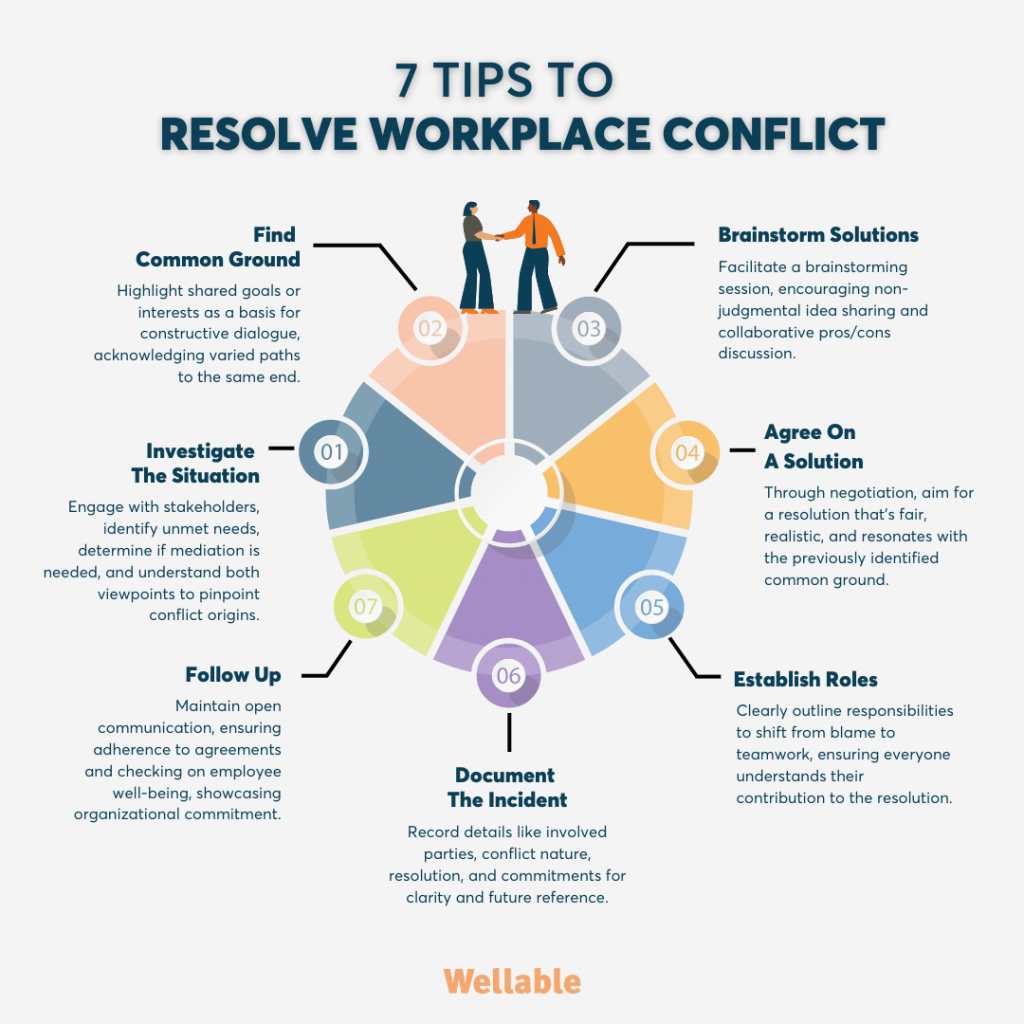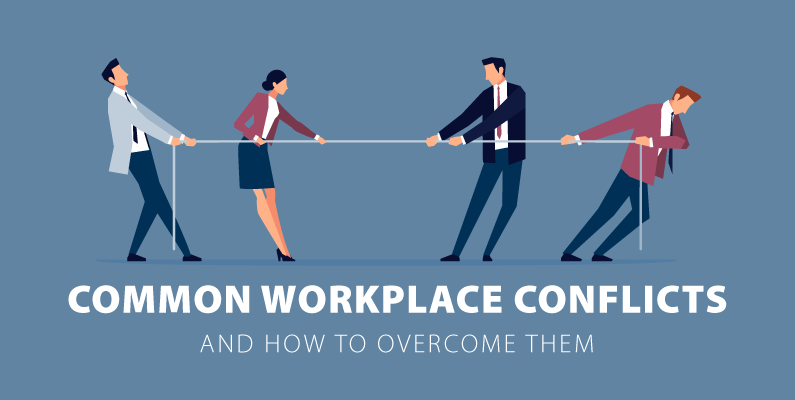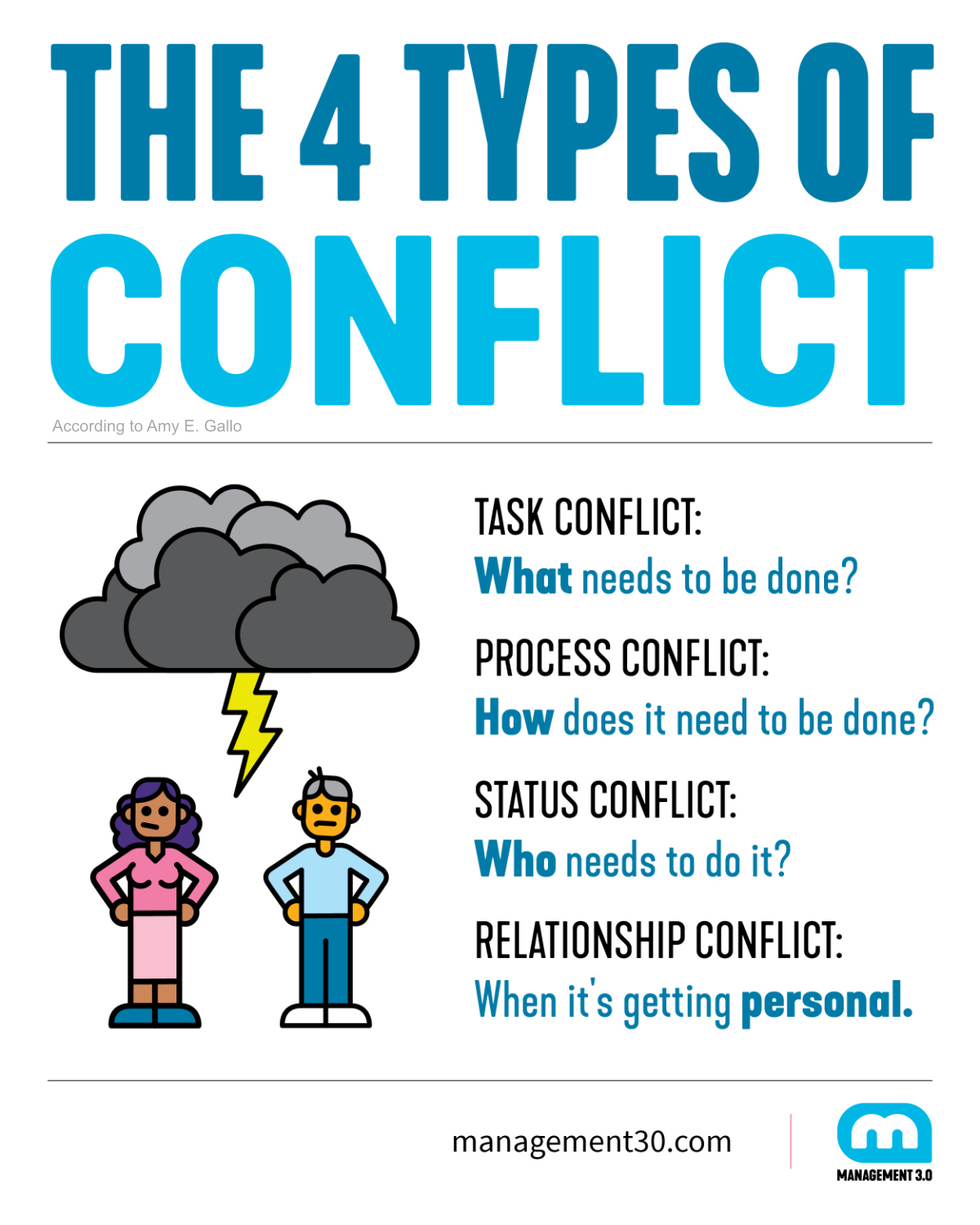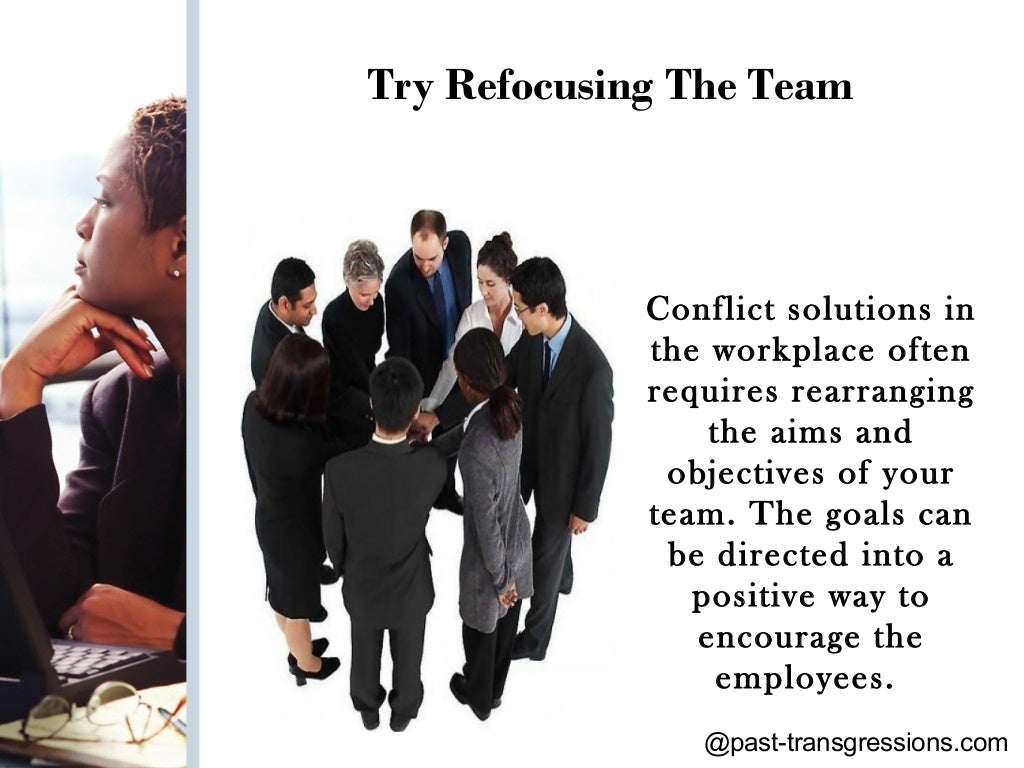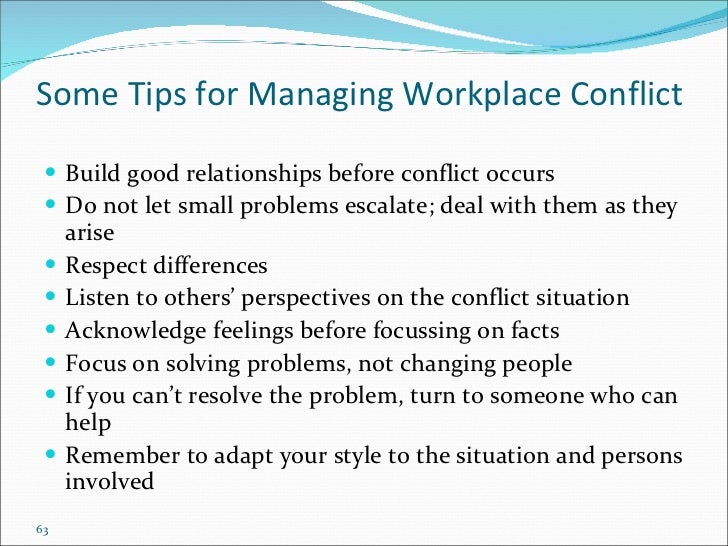How Do You Handle Conflict In The Workplace
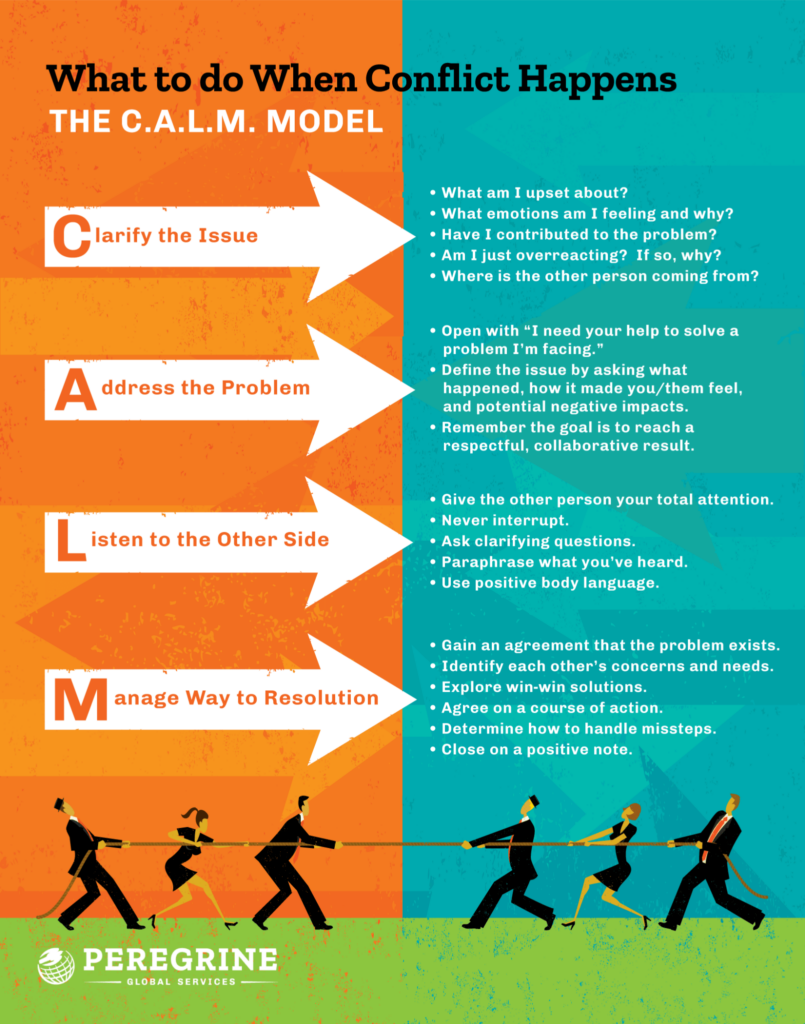
Workplace conflicts are erupting, demanding immediate attention. Understanding and effectively managing these disputes is now a critical skill for every employee and leader.
This article provides essential strategies for navigating workplace conflict, offering actionable advice to de-escalate tensions, foster constructive communication, and build a more harmonious work environment. The need for swift action and proactive conflict resolution has never been more pressing.
Understanding the Roots of Workplace Conflict
Conflicts often arise from differences in personality, values, or work styles. A recent study by CPP Inc. found that miscommunication is a primary driver, accounting for nearly 70% of workplace disputes.
Other common causes include competition for resources, conflicting goals, and unclear roles. Ignoring these underlying issues can lead to a toxic work environment, decreased productivity, and increased employee turnover.
Strategies for Effective Conflict Resolution
Active listening is paramount. This involves paying attention to both verbal and nonverbal cues, demonstrating empathy, and summarizing the other person's point of view to ensure understanding.
Emphasize "I" statements to express your own feelings and needs without blaming the other person. For example, instead of saying "You always interrupt me," try "I feel frustrated when I'm interrupted because I can't fully express my ideas."
Collaboration and compromise are key to finding mutually agreeable solutions. Focus on the problem, not the person, and explore different options to address the underlying needs of all parties involved.
Seeking Mediation When Necessary
In some cases, conflicts may be too complex or emotionally charged to resolve independently. Bringing in a neutral third party, such as a mediator, can facilitate a productive conversation.
A mediator can help parties identify common ground, explore alternative solutions, and reach a mutually acceptable agreement. Many companies offer internal mediation services or have access to external mediators.
The Role of Leadership in Conflict Management
Leaders play a crucial role in preventing and resolving workplace conflict. Establishing clear expectations, promoting open communication, and providing training on conflict resolution skills are essential.
Leaders should also act as role models by demonstrating respectful behavior and effectively managing their own emotions. Addressing conflicts promptly and fairly sends a message that disputes will not be tolerated.
"Unresolved conflict is a major drain on productivity and morale," says Dr. Susan Johnson, a leading expert in workplace dynamics. "Investing in conflict resolution training is an investment in your employees and your bottom line."
According to a SHRM (Society for Human Resource Management) survey, companies that invest in conflict resolution training see a 25% reduction in employee complaints and grievances.
Preventative Measures for a Harmonious Workplace
Proactive measures can significantly reduce the likelihood of conflicts arising in the first place. This includes fostering a culture of respect, promoting diversity and inclusion, and encouraging open communication.
Regular team-building activities can help build stronger relationships and improve communication skills. Also, establishing clear conflict resolution procedures ensures that employees know how to address disputes constructively.
Employee Assistance Programs (EAPs) can offer confidential counseling and support services to employees struggling with conflict or other workplace issues.
Next Steps: Implementing a Conflict Resolution Strategy
Organizations must immediately assess their current conflict resolution processes and identify areas for improvement. Implementing comprehensive training programs for employees and leaders is critical.
Regularly monitor the workplace climate for signs of conflict and address issues proactively. By prioritizing conflict resolution, companies can create a more positive, productive, and engaging work environment.
